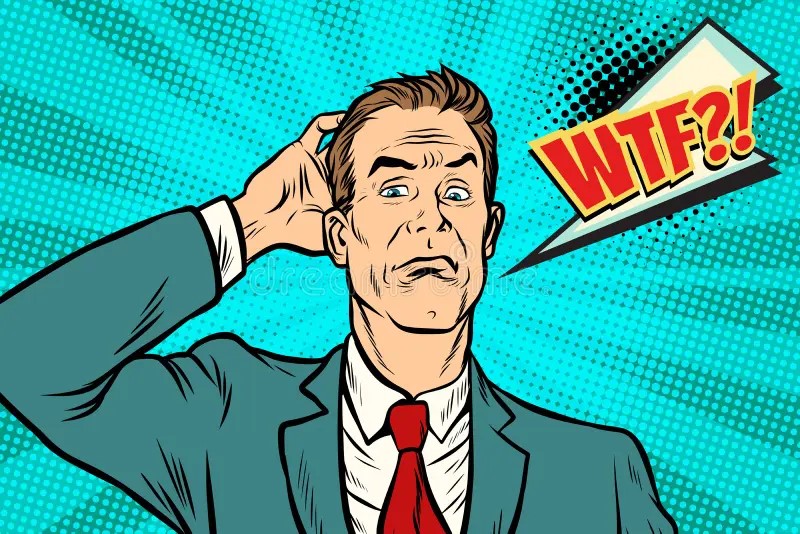The world of online poker is vast, and its rapid growth has brought both excitement and questions about fairness. While many players are curious about the integrity of the games they play, there are numerous platforms that have garnered positive attention for their transparency and player-friendly approach. For instance, while going through various platforms, I stumbled upon an Everygame poker room review that highlighted its commendable features and fair play mechanisms. With such platforms setting the benchmark, it begs the question: Is online poker really rigged? And if so, which sites should you be wary of?
The Myth of Rigged Poker
For many, the idea of rigged poker stems from personal experiences of bad beats or long losing streaks. However, it’s essential to understand that poker is a game of skill and chance. Variance, or the statistical measure of how results can differ from expected outcomes, plays a significant role. Just because a player faces an unexpected loss doesn’t necessarily mean the game is rigged.
The Reality of Scandals
While most reputable online poker sites operate fairly, there have been instances of cheating scandals. One notable case involves FTX’s ex-chief regulatory officer, Dan Friedberg, who had ties to a notorious online poker cheating scandal on the defunct platform UltimateBet.
Employees between 2005 and 2008 were accused of using a software exploit dubbed “God mode” to bilk players out of between $20 million and upwards of $50 million. Friedberg’s involvement was highlighted when recordings of his conversations with the poker site’s top brass were leaked to the public in 2013.
He was caught on tape allegedly aiding the perpetrators of the fraud, discussing how UltimateBet should respond and handle media inquiries. Friedberg also advised company executives on a strategy to limit payouts to victims by withholding the extent of the scheme.
How to Spot a Trustworthy Site
- Licensing and Regulation: Ensure the poker site is licensed by a reputable gaming authority. This ensures that the platform adheres to strict standards of fairness and security.
- Random Number Generator (RNG) Certification: A certified RNG ensures that cards are dealt randomly and not manipulated.
- Player Reviews and Feedback: Look for sites with positive player reviews and feedback. While not foolproof, it can give an indication of the site’s reputation.
- Transparent Policies: A trustworthy site will have clear policies on deposits, withdrawals, and dispute resolution.
Protecting Yourself
While the vast majority of online poker sites are legitimate, players should always be vigilant. Here are some steps to ensure a safe poker experience:
- Research: Before depositing money, research the platform thoroughly.
- Use Secure Connections: Always play on secure, private networks. Avoid public Wi-Fi.
- Regularly Update Software: Ensure your device’s software and the poker platform’s software are regularly updated.
- Be Wary of Downloads: Only download poker software from reputable sources.
The Role of Technology in Ensuring Fair Play
Third-Party Monitoring: Many reputable poker sites employ third-party companies to monitor gameplay. These companies analyze millions of hands to detect any anomalies that might indicate unfair play.
Player Identification Systems: To prevent bots and fraudulent players, many platforms have implemented advanced player identification systems. These systems can detect unusual patterns of play that might indicate cheating or collusion between players.
Historical Scandals and Their Impact
The online poker community has not been without its share of controversies. Beyond the UltimateBet scandal involving Dan Friedberg, there have been other instances where platforms were accused of unfair practices. These scandals have led to increased scrutiny and have pushed many platforms to adopt stricter measures to ensure fair play.
For instance, the FTX scandal, where the platform’s ex-chief regulatory officer, Dan Friedberg, was tied to the UltimateBet scandal, raised many eyebrows. The recordings that surfaced highlighted potential collusion between platform executives and those involved in the cheating scheme. Such revelations underscore the importance of transparency and accountability in the online poker world.
Red Flags to Watch Out For
- Too Many Bad Beats: While bad beats are a part of poker, if they happen too frequently, it might be a cause for concern.
- Unusual Player Behavior: If players on a table seem to be colluding or have an unnatural knowledge of the cards, it might indicate foul play.
- Withdrawal Issues: If a platform consistently delays or refuses withdrawals without a clear reason, it’s a significant red flag.
- Lack of Customer Support: A reputable platform will have robust customer support to address player concerns.
In the vast world of online poker, while most platforms aim to provide a fair and transparent gaming experience, it’s always best to be informed and cautious. Knowing the signs of a potentially rigged platform and taking protective measures can ensure a safe and enjoyable poker experience.
